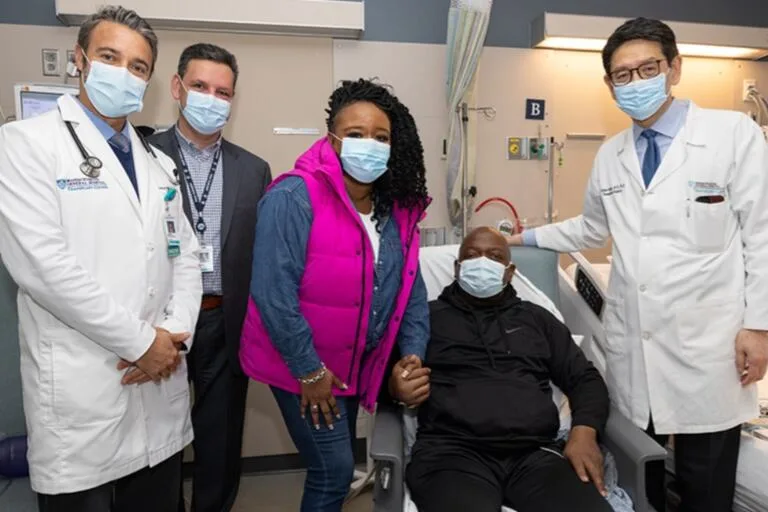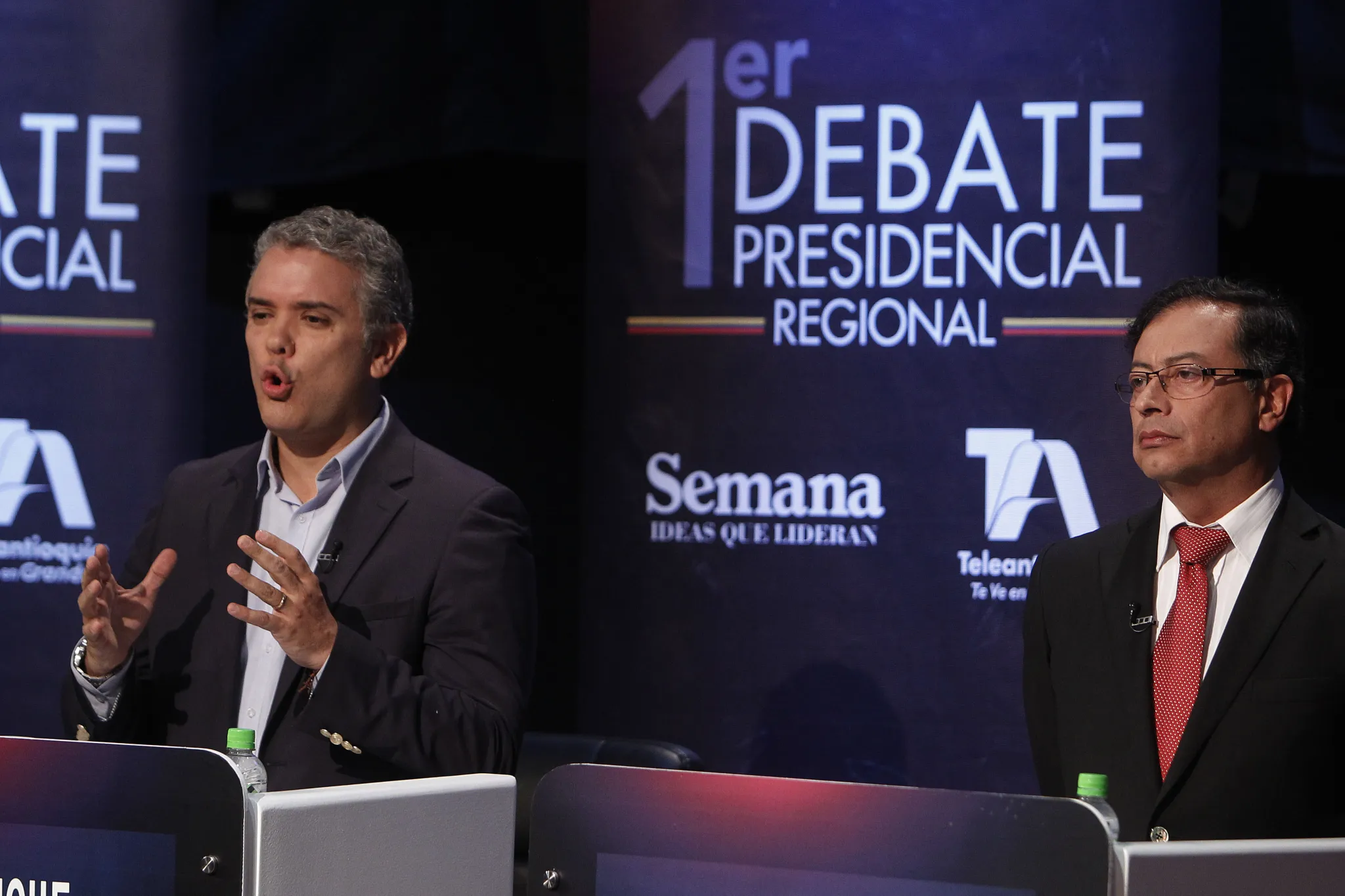International
Cassis confirmed as next Swiss president
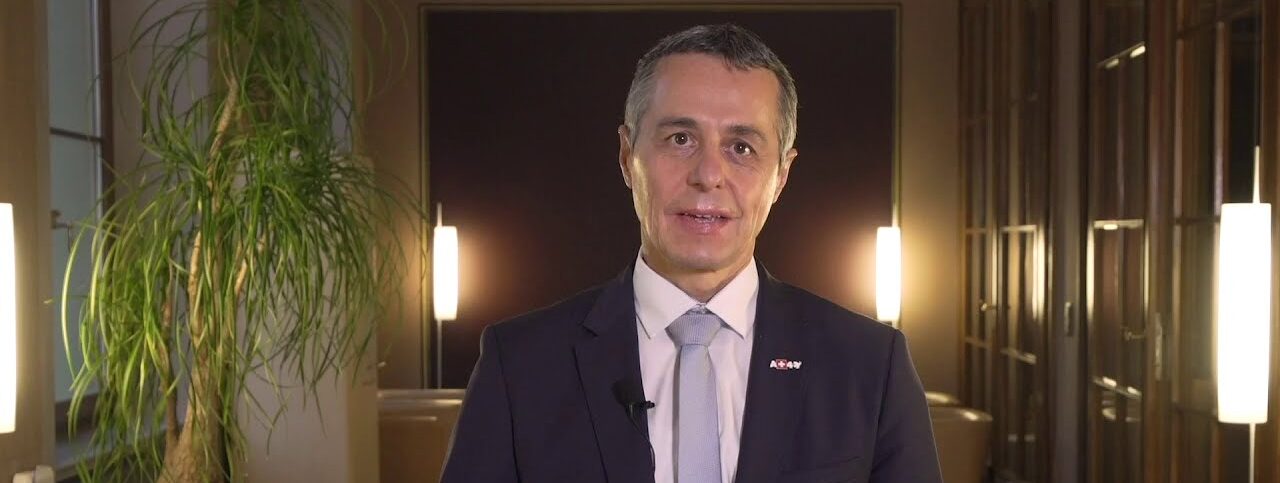
International
Donald Trump faces former lawyer in court over Stormy Daniels payments
International
First recipient of genetically modified pig kidney dies two months post-transplant
International
Duque sees “despair” and “insecurity” in Petro’s attitude and proposes a “democratic debate”
-
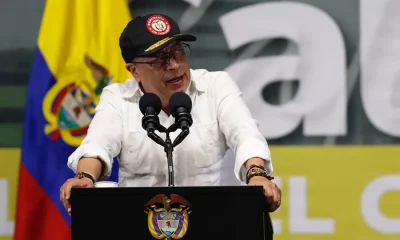
 International2 days ago
International2 days agoPetro calls former President Duque a “terrorist” for the “murder” of young people in protests
-
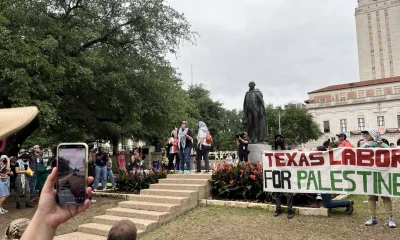
 Central America4 days ago
Central America4 days agoThe University of Texas, symbol of repression against pro-Palestinian protests
-

 International4 days ago
International4 days agoBrazil exceeds 100 deaths from floods in the southern region of the country
-
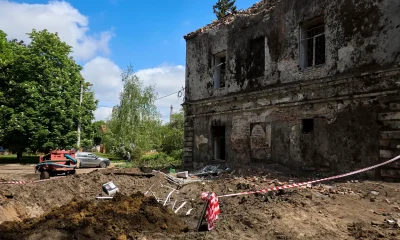
 International4 days ago
International4 days agoEU countries agree to use profits from frozen Russian assets in defense of Ukraine
-

 International4 days ago
International4 days agoAt least 3 dead and 5 wounded in attack on a Taliban convoy in Afghanistan
-
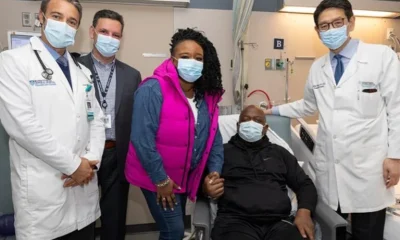
 International15 hours ago
International15 hours agoFirst recipient of genetically modified pig kidney dies two months post-transplant
-
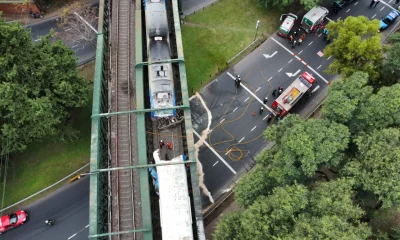
 International2 days ago
International2 days ago14 of the injured left by a train crash in Buenos Aires are still interned
-
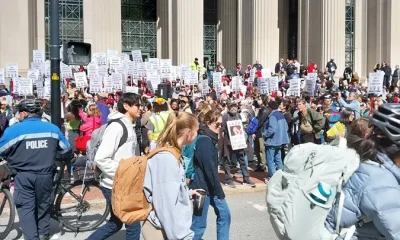
 International2 days ago
International2 days agoMIT students protest again despite reprisals from the center and Biden’s accusation
-

 International2 days ago
International2 days agoAn aurora borealis is visible tonight from much of Spain
-
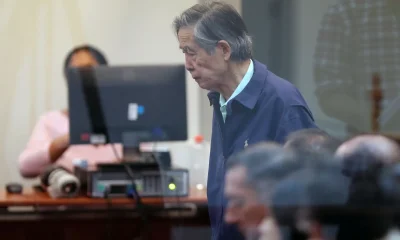
 International2 days ago
International2 days agoFormer Peruvian President Alberto Fujimori, diagnosed with a new malignant tumor
-
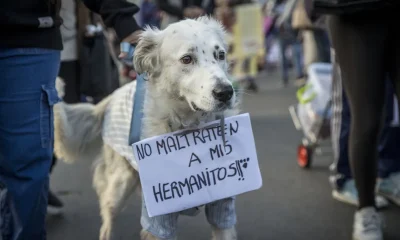
 International2 days ago
International2 days ago‘No to animal abuse’, the clamor of a march of dogs and humans in Bolivia
-
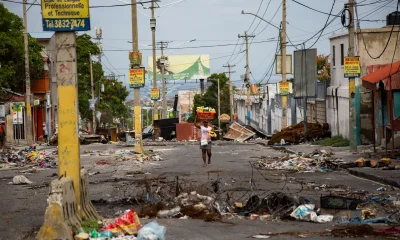
 International2 days ago
International2 days agoHaitian armed gangs mobilize before the arrival of the multinational force
-
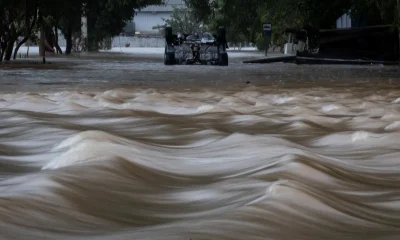
 International2 days ago
International2 days agoDeath toll from storms in southern Brazil rise to 137
-
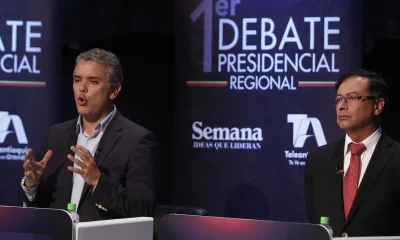
 International2 days ago
International2 days agoDuque sees “despair” and “insecurity” in Petro’s attitude and proposes a “democratic debate”
-
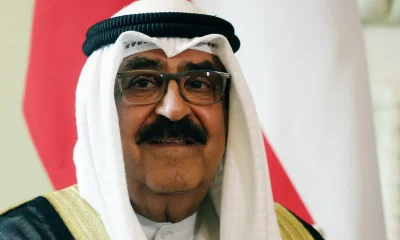
 International2 days ago
International2 days agoThe Emir of Kuwait dissolves Parliament and suspends some clauses of the Constitution
-
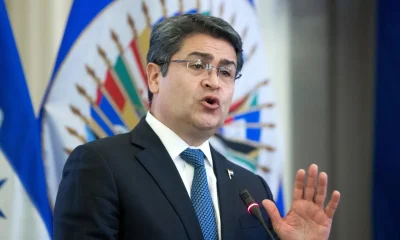
 Sin categoría3 days ago
Sin categoría3 days agoThey reject the request of former Honduran president Juan Orlando Hernández for a new trial in New York
-

 International15 hours ago
International15 hours agoDonald Trump faces former lawyer in court over Stormy Daniels payments
-
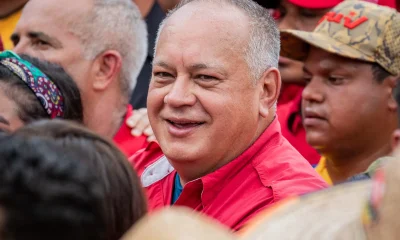
 International3 days ago
International3 days agoColombian Foreign Minister on the accusation of Diosdado Cabello: To foolish words, deaf ears
-
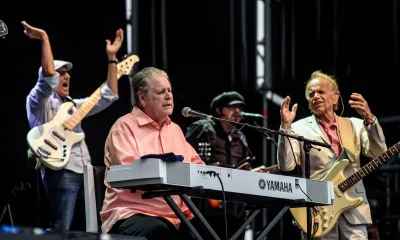
 International3 days ago
International3 days agoBrian Wilson, of The Beach Boys, is under the tutelage of his manager because of his dementia
-
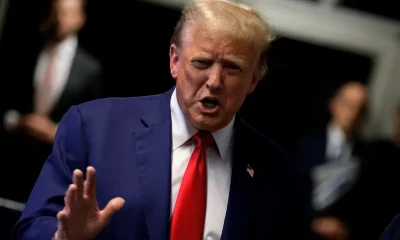
 International3 days ago
International3 days agoTrump criticizes pro-Biden Jews: “If you vote for him, be ashamed”
-
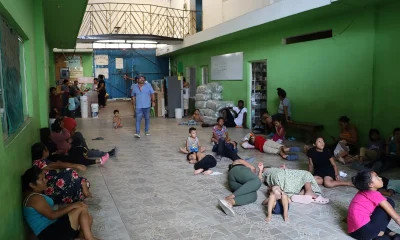
 International4 days ago
International4 days agoIrregular migrants intercepted by Mexico triple in the first quarter
-
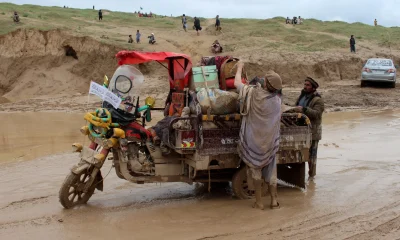
 International2 days ago
International2 days agoThe UN says it works with the de facto Afghan Government to assist in floods
-
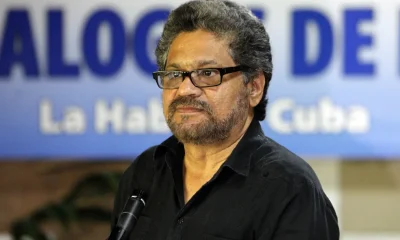
 International2 days ago
International2 days agoThe FARC dissident ‘Iván Márquez’ reappears in a video after being presumed dead
-
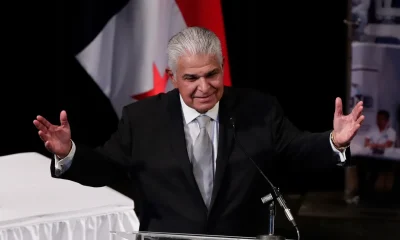
 International3 days ago
International3 days agoThe president-elect of Panama, José Raúl Mulino, promises repatriation of migrants crossing the Darién
-
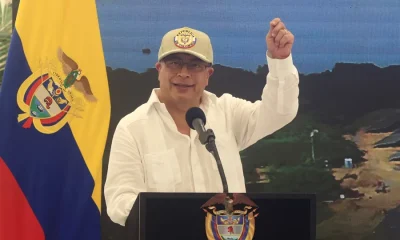
 International4 days ago
International4 days agoPetro on the formulation of charges against him: “It’s the beginning of a coup d’état”





















